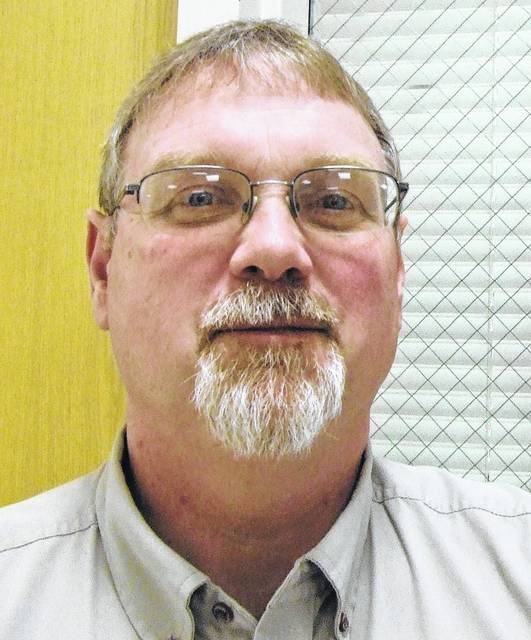
What is estate planning? Simply, estate planning is arranging for the use and disposal of your resources and property after your death.
It allows you to look at the total picture. You should give some time and thought to plan your estate.
Here would be some steps to consider:
1. Know what you have and where it is: What do you own? What is your net worth? Where are your important papers?
2. Know how you want your estate to be handled: What are your goals for your estate after your death? Who, as your estate planning team, can help you meet those goals?
3. Know how to provide for distribution of your property after your death: Probate/will; trusts; gifts
4. Put your plans on paper: Prepare the proper documents; know the tools to use while you are living, such as durable power of attorney, advanced medical directive, and a preplanned funeral.
Accepting the fact that you are going to die someday, ask yourself: “If I should die tonight …”
• What would happen to my property?
• Who would care for my minor children or aging parents?
• Would my spouse and children be provided for?
• Would the family business continue?
• Would the estate settlement be conducted by someone with my family’s interests and needs in mind?
• Would estate and inheritance taxes, probate fees, and other administrative or legal costs be held to a minimum?
Estate planning is not a process that can be done overnight. It is a fluid plan, and it can change as our lives continue to change.
That is why the last couple of years I have tried to address estate planning with such programs as “Getting Your Affairs in Oder” and “The Legal Business Side of Estate Planning.”
If the answers to these questions are important to you, you should consider developing an estate plan. You might also consider attending the “Planning for the Future of Your Farm” estate planning workshop.
Due to COVID, this three-part virtual workshop will be held on Feb. 15, Feb. 22 and March 1 from 6:30-8:30 p.m. via Zoom. This workshop will challenge farm families to actively plan for the future of the farm business.
It is designed to help farm families learn strategies and tools to successfully create a succession and estate plan that helps you transfer your farm’s ownership, management, and assets to the next generation. Learn how to have the crucial conversations about the future of your farm.
Topics discussed during this series include: Developing Goals for Estate and Succession; Planning for the Transition of Control; Planning for the Unexpected; Communication and Conflict Management during Farm Transfer; Legal Tools & Strategies; Developing Your Team; Getting Affairs in Order; and Selecting an Attorney.
The workshop will be taught by members of the OSU Farm Office Team featuring Peggy Hall and Jeffrey Lewis, attorneys from OSU Agricultural & Resource Law Program; and David Marrison, Extension Educator for Coshocton County.
Because of its virtual nature, you can invite your parents, children and/or grandchildren (regardless of where they live in Ohio or across the U.S.) to join you as you develop a plan for the future of your family farm.
Pre-registration is required, as one packet of program materials will be mailed to participating families. Electronic copies of the course materials will also be available to all participants.
The registration fee is $40 per farm family and registration deadline is Feb. 10. More information and online registration can be obtained at go.osu.edu/farmsuccession .
For more information about this webinar, contact David Marrison at the Coshocton County Extension office at 740-622-2265 or by email at [email protected] .
Tony Nye is the state coordinator for the Ohio State University Extension Small Farm Program and has been an OSU Extension Educator for agriculture and natural resources for over 30 years, currently serving Clinton County and the Miami Valley EERA.


